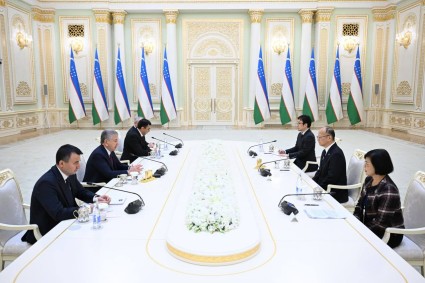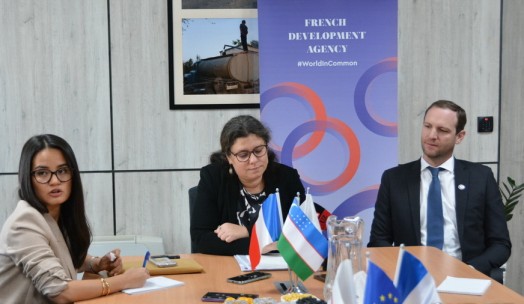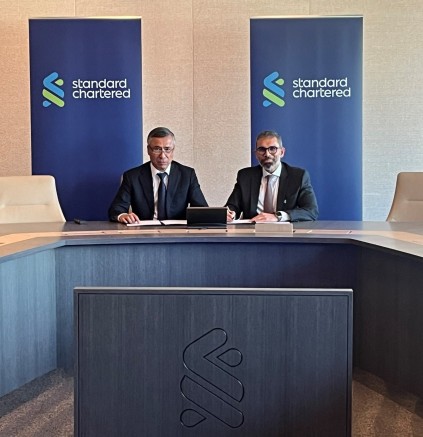The World Bank’s Board of Executive Directors approved today the Tax Administration Reform Project in Uzbekistan, which is designed to improve the operational efficiency and effectiveness of the State Tax Committee (STC) and deliver better services to local taxpayers.
The project will be supported by a $60 million concessional credit from the International Development Association (IDA), with financing provided to the Government at a very low-interest rate and a repayment period of 30 years.
“The Government of Uzbekistan has prioritized reforms in the tax administration system to create a better business and investment environment. The new project will help the STC improve its work in the interest of taxpayers,” said Marco Mantovanelli, World Bank Country Manager for Uzbekistan. “In particular, the project will allow to broaden the tax base, leading to a reduction in the informal sector of the economy, which is estimated to be around 50% of GDP; to increase tax revenues; and to help firms and companies create new jobs, benefiting from a more efficient tax administration system.”
The project includes three key components directed at improving the STC’s operational, institutional, technological and human resource capacities, and promoting voluntary compliance across Uzbekistan.
Component 1 will invest in automating the STC’s core tax administration business processes. This includes developing the STC’s new tax management information system to reduce paperwork and simplify the process of paying taxes by businesses and individuals countrywide; upgrading hardware and technological infrastructure; creating a new data center for the STC; and improving governance and the planning capacity of the STC’s IT department.
Component 2 will assist with designing and implementing measures to reduce the informal sector of the economy. This includes improving the STC’s enforcement capabilities to detect and discourage tax evasion; encouraging businesses to stay out of the shadows, including through the use of non-tax incentives; and developing cooperative relationships with the private sector, including through designing new or simplified tax policies and procedures and building partnerships to change taxpayers’ behavior.
Component 3 aims to strengthen the STC’s human resource and institutional capacities to attract, develop, and retain skilled and knowledgeable tax officials. This includes improving STC’s human resources management policies and building capacity through the continuous professional development of tax officials.











